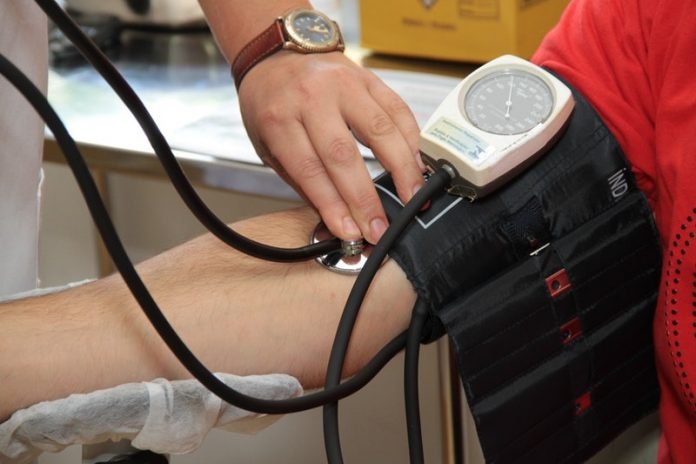
Recently, researchers from Northwestern Medicine and other institutes have found a better way to determine what high blood pressure treatment patients should use.
They found that a patient’s overall heart disease and stroke risk could provide more useful information to determine treatment and may help patients to better manage the health condition.
This strategy is more effective in preventing heart attacks and strokes than just using blood pressure levels alone.
Currently, clinical guidelines on the use of blood pressure drugs have been based primarily on a patient’s blood pressure levels.
But guidelines for cholesterol drugs and aspirin are made based on a multivariable heart disease risk assessment.
This assessment takes into account many factors, including age, sex, total cholesterol, HDL cholesterol (‘good’ cholesterol), systolic blood pressure and smoking to help determine heart disease treatment.
In this study, the researchers analyzed health data of more than 48,000 participants in 11 clinical trials.
They examined whether using heart attack risk assessment in making blood pressure treatment decisions could be better than using blood pressure numbers only.
They found that focusing only on the blood pressure number to determine treatment is not good enough.
In contrast, a treatment strategy based on predicted five-year heart disease risk could prevent more health conditions, including stroke, coronary heart disease, heart failure, and death.
They suggest that doctors need to think about the whole patient and the context of their other risk factors.
Future work needs to confirm the finding.
The study is published in the journal PLOS Medicine. The lead author of the study is Kunal Karmali, a cardiologist.
Copyright © 2019 Knowridge Science Report. All rights reserved.



